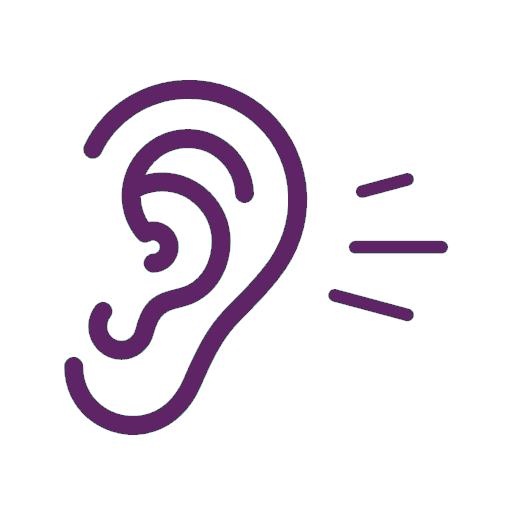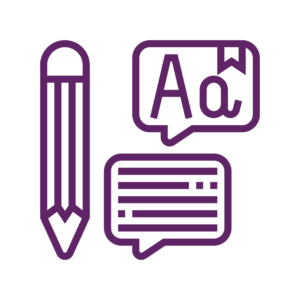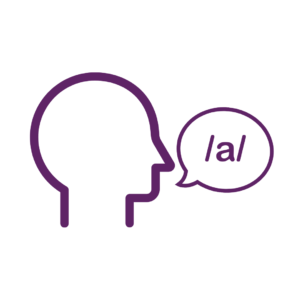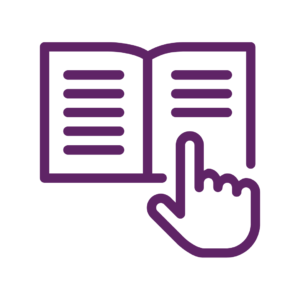
Beginning Readers
Your student is learning the basics of how to read. You will help them understand the individual sounds and letters in written language. The three units below each contain a sequence of reading skills for your student to learn. Start with the first unit “Every Letter A-Z”, and continue through the units in order. If a reading skill in the unit is too easy, that’s ok! You can move at a faster pace until you find a reading skill that needs some extra practice.
Remember to take breaks between worksheets or other activities, and have fun!
Just Getting Started?
Follow the  ‘s for your first steps
‘s for your first steps
 Follow these model lesson plans for a full tutoring session (or 2!)
Follow these model lesson plans for a full tutoring session (or 2!)
 Click “Every Letter A-Z” below and select “ABC” to get started with Academic support activities
Click “Every Letter A-Z” below and select “ABC” to get started with Academic support activities
Try the following tips and activities for further enrichment:






Additional resources:
- Click here for a customizable session outline (pdf).
- Visit our Literacy Program website.
- Visit the Literacy Program FAQs.
- If you need additional materials, email us at literacy@schoolonwheels.org.


